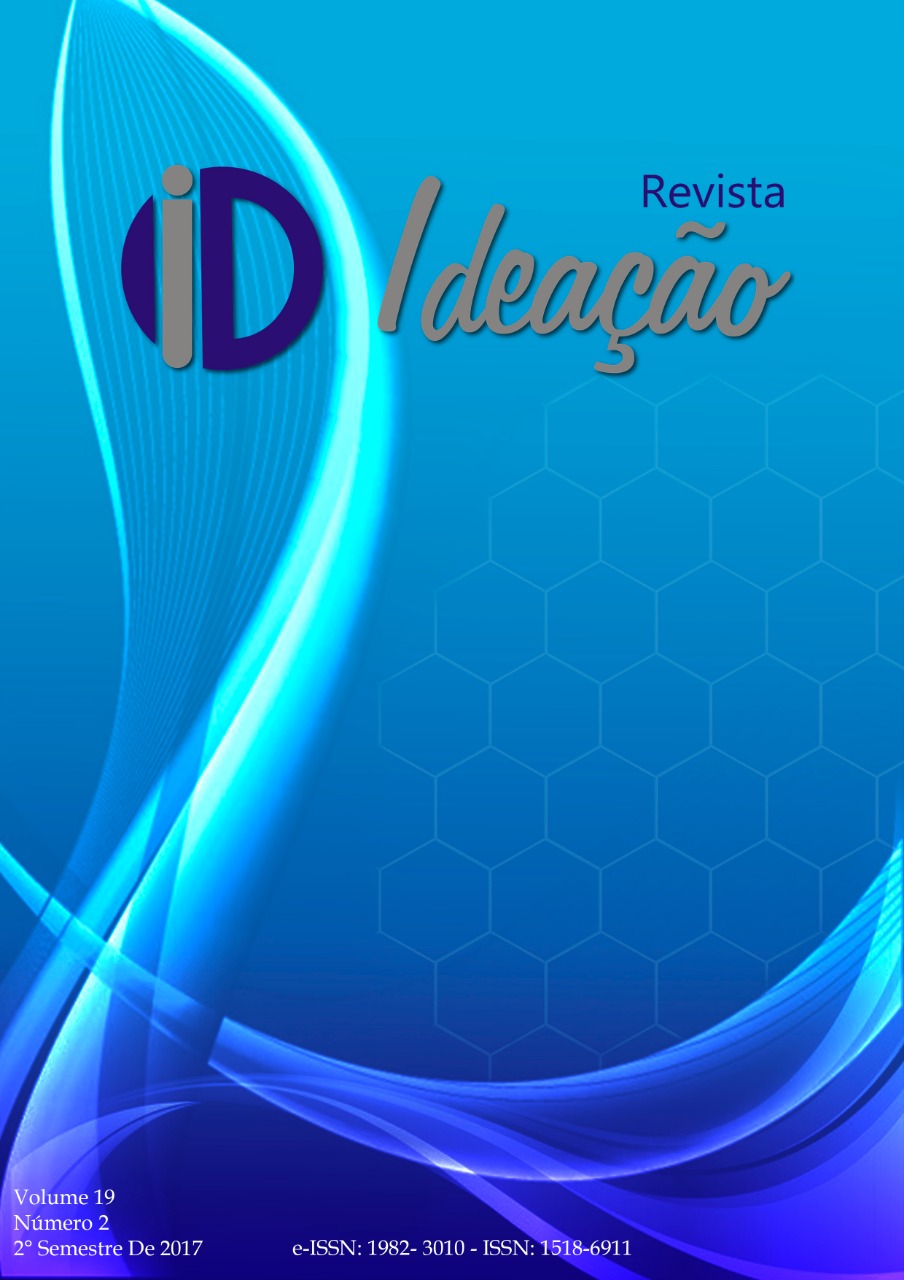O PRAGMATISMO DO ENSINO DE LITERATURA NO ENSINO MÉDIO: ENTRE OS DOCUMENTOS OFICIAIS E OS LIVROS DIDÁTICOS
DOI:
https://doi.org/10.48075/ri.v19i2.21229Keywords:
Ensino de literatura, Ensino Médio, Documentos oficiais, Livros didáticos.Abstract
Nas últimas décadas, o ensino de literatura tem sido alvo de inúmeras críticas. Muitos professores e pesquisadores da área não hesitam em afirmar que o ensino de literatura é um
problema crítico dos currículos escolares brasileiros. Sobre a problemática relação entre escola e literatura, o professor Edmir Perroti, da Universidade de São Paulo, observa que ela nunca foi fácil pelo fato de a escola ser pragmática e estar voltada à transmissão do saber acumulado. O pragmatismo também aparece como vilão nas críticas de outros professores, transformando-se no principal motivo do fracasso no ensino de literatura, devido à escola privilegiá-lo em vez de
priorizar a fruição literária, que procura despertar o gosto pela leitura. Nesse sentido, pretende-se nesse artigo, por meio de uma pesquisa bibliográfica, apresentar uma reflexão sobre as
razões desse pragmatismo que tem prejudicado o ensino de literatura no Ensino Médio, a partir do confronto entre dois elementos importantes que norteiam o ensino da leitura literária: os documentos oficiais do Ministério da Educação e da Secretaria de Estado da Educação do Paraná, e os livros didáticos disponibilizados pelo Governo Federal, por meio do Programa Nacional do Livro Didático (PNLD).
Downloads
Published
How to Cite
Issue
Section
License
Authors who publish in this journal agree with the following terms:
1. Authors maintain copyright and grant the journal the right of first publication, with the work simultaneously licensed under the Creative Commons Attribution License that allows the sharing of the work with recognition of authorship and initial publication in this journal.
2. Authors are authorized to assume additional contracts separately, for non-exclusive distribution of the version of the work published in this journal (e.g., to publish in an institutional repository or as a book chapter), with acknowledgment of authorship and initial publication in this journal.
3. Authors are allowed and encouraged to publish and distribute their work online (e.g., in institutional repositories or as a personal page) at any point before or during the editorial process, as this may generate productive changes, as well as increase the impact and citation of the published work (See The Effect of Free Access).
Creative Commons License
This work is licensed under a Creative Commons Attribution-Noncommercial-ShareAlike 4.0 International License, which permits sharing, copying, distributing, displaying, reproducing, the whole or parts provided it has no commercial purpose and the authors and source are cited.


